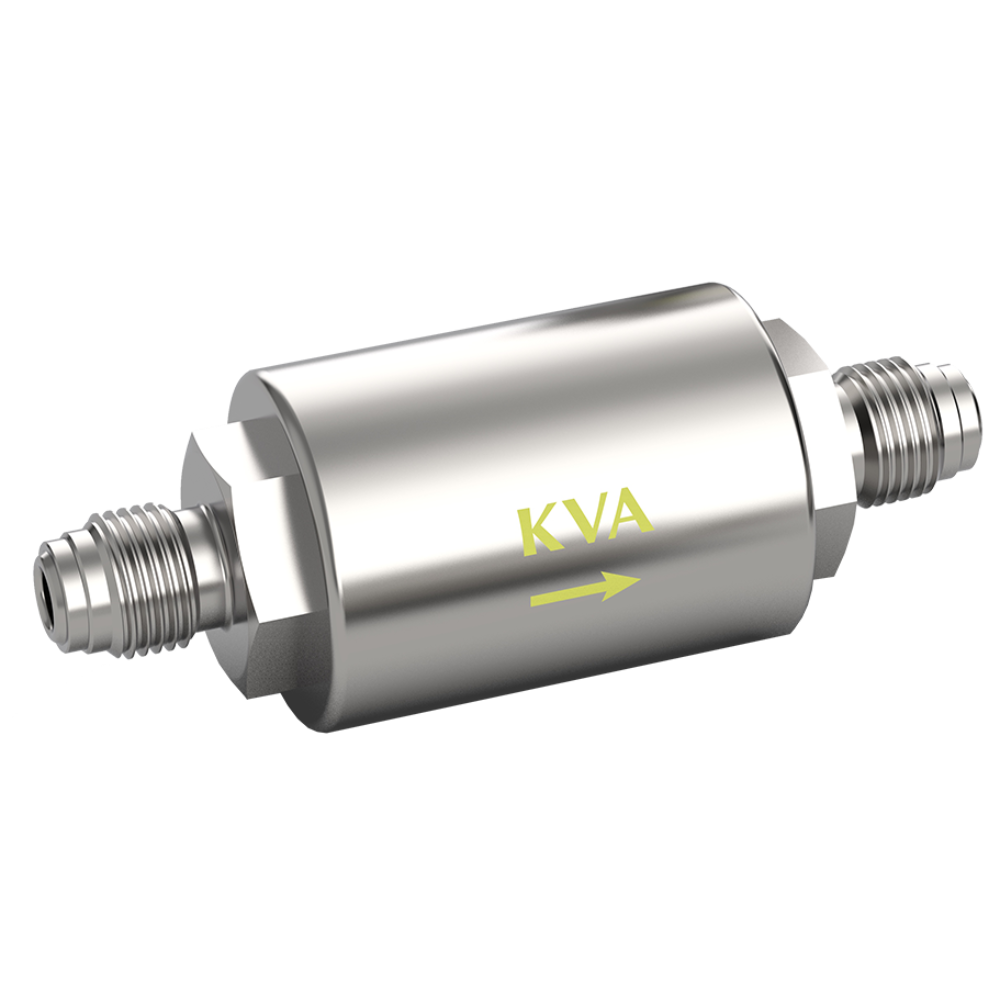
Introduction
Filters play a vital role in modern industry, especially in demanding environments such as semiconductor manufacturing, the chemical industry, and fluid systems. Today, let’s take a lighthearted look at several major types of filters and their applications, and also explore how to design and optimize these filters to make them more efficient!
Filter Types
HEPA Filter:
Features: High-efficiency particulate air filter, capable of filtering particles 0.3 microns and above, with an efficiency of up to 99.97%.
Application: Widely used in clean rooms and semiconductor manufacturing environments to ensure air quality.
Ultra-high purity Gas Filter:
Features: Specially designed to filter tiny particles and contaminants in gases, with a particle removal rate of more than 99.9999999% at a maximum flow rate of 0.003 microns, ensuring high purity of gases.
Application: Commonly used in gas transmission and storage systems in semiconductor manufacturing and chemical industries.
Liquid Filter:
Features: Used to remove impurities and particles in liquids to ensure the purity of liquids.
Membrane Filter:
Features: Filters tiny particles and dissolved substances through microporous membranes.
Application: In the pharmaceutical and food industries, membrane filters are used for fine filtration of liquids.
Application Areas
Semiconductor Manufacturing:
During the semiconductor manufacturing process, any tiny contaminant may cause product defects. Therefore, the use of HEPA and ultra-high purity gas filters is key to ensuring a clean production environment.
Chemical Industry:
During chemical reactions, the presence of impurities may affect reaction efficiency and product quality. Liquid filters and membrane filters are particularly important in this field to ensure the purity of raw materials and products.
Fluid Systems:
In fluid systems, filters are used to protect equipment from damage by particulate matter, ensuring the stability of the fluid and the efficient operation of the system.
Design and Performance Optimization
Material Selection:
Selecting high-performance filter materials (such as polypropylene, polyester, etc.) can improve filtration efficiency and durability.
Structural Design:
Optimizing the structural design of the filter, such as increasing the filtration area or using multi-layer filtration technology, can enhance filtration performance and extend service life.
Flow Control:
Designing a suitable flow control mechanism ensures that good filtration effects are maintained without affecting system performance.
Regular Maintenance:
Regular inspection and replacement of filters can ensure that their performance is always in the best condition and avoid system failures caused by filter blockage.
Conclusion
In harsh environments such as semiconductor manufacturing, chemical industry, and fluid systems, selecting the right filter type and performing effective design and performance optimization are the keys to ensuring product quality and system stability. Through continuous improvements in filtration technology and materials, future filtration systems will be more efficient and reliable.
If you have any questions, please contact us directly and we will reach you soon.

